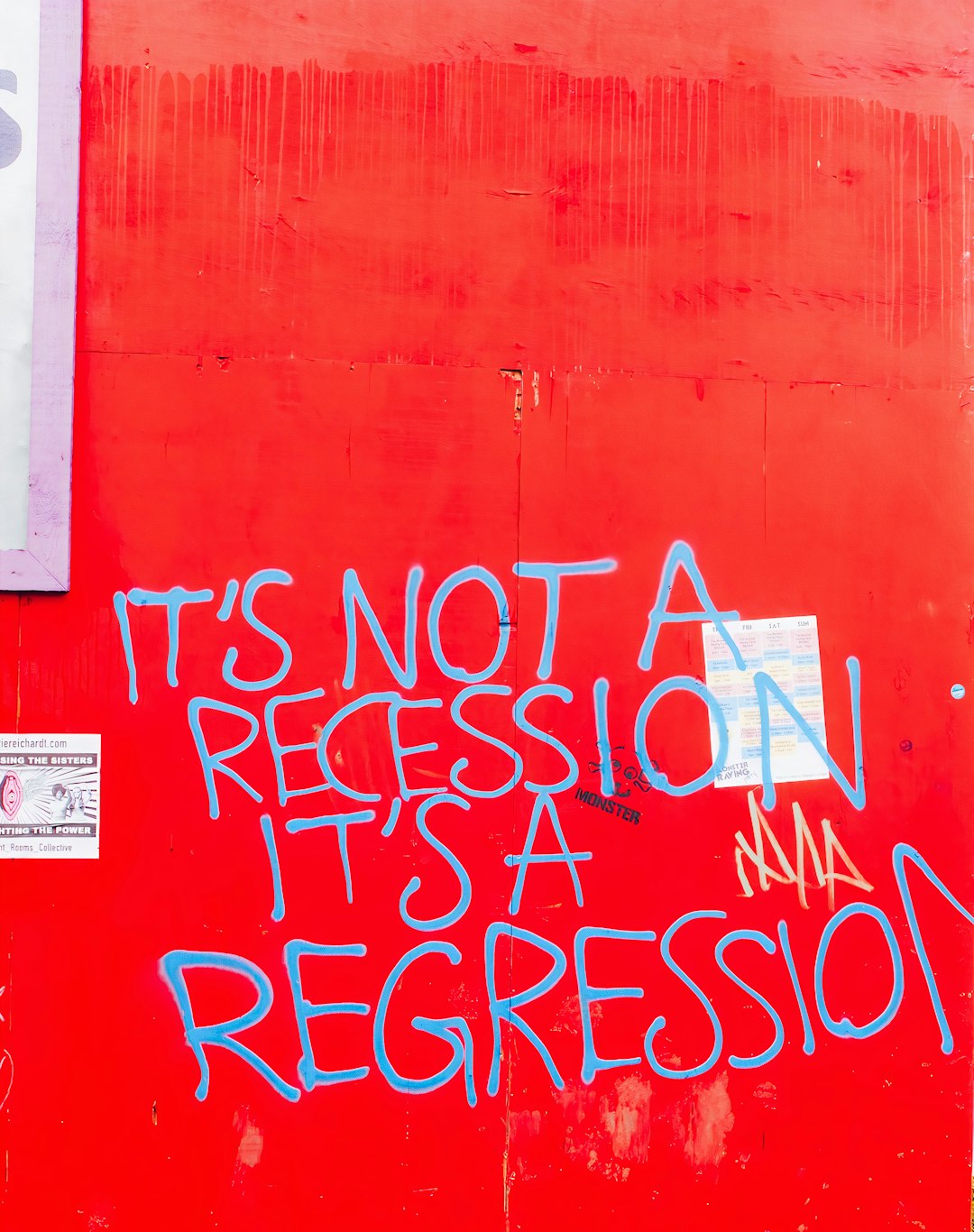10.30.2022
The big question on Healey | Corporate news chain stifles local views | Development showdown in Ipswich | Dirty politics in sheriff’s race? | The Globe goes exploring | You read it here first | Quick…
Keep reading with a 7-day free trial
Subscribe to Contrarian Boston to keep reading this post and get 7 days of free access to the full post archives.



